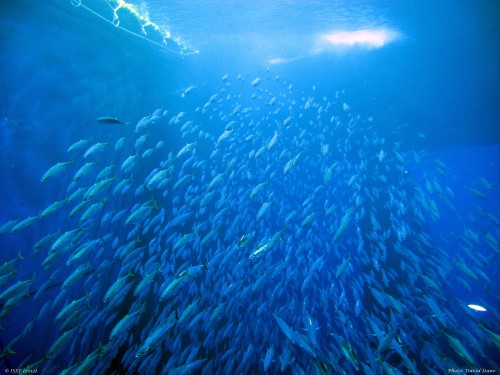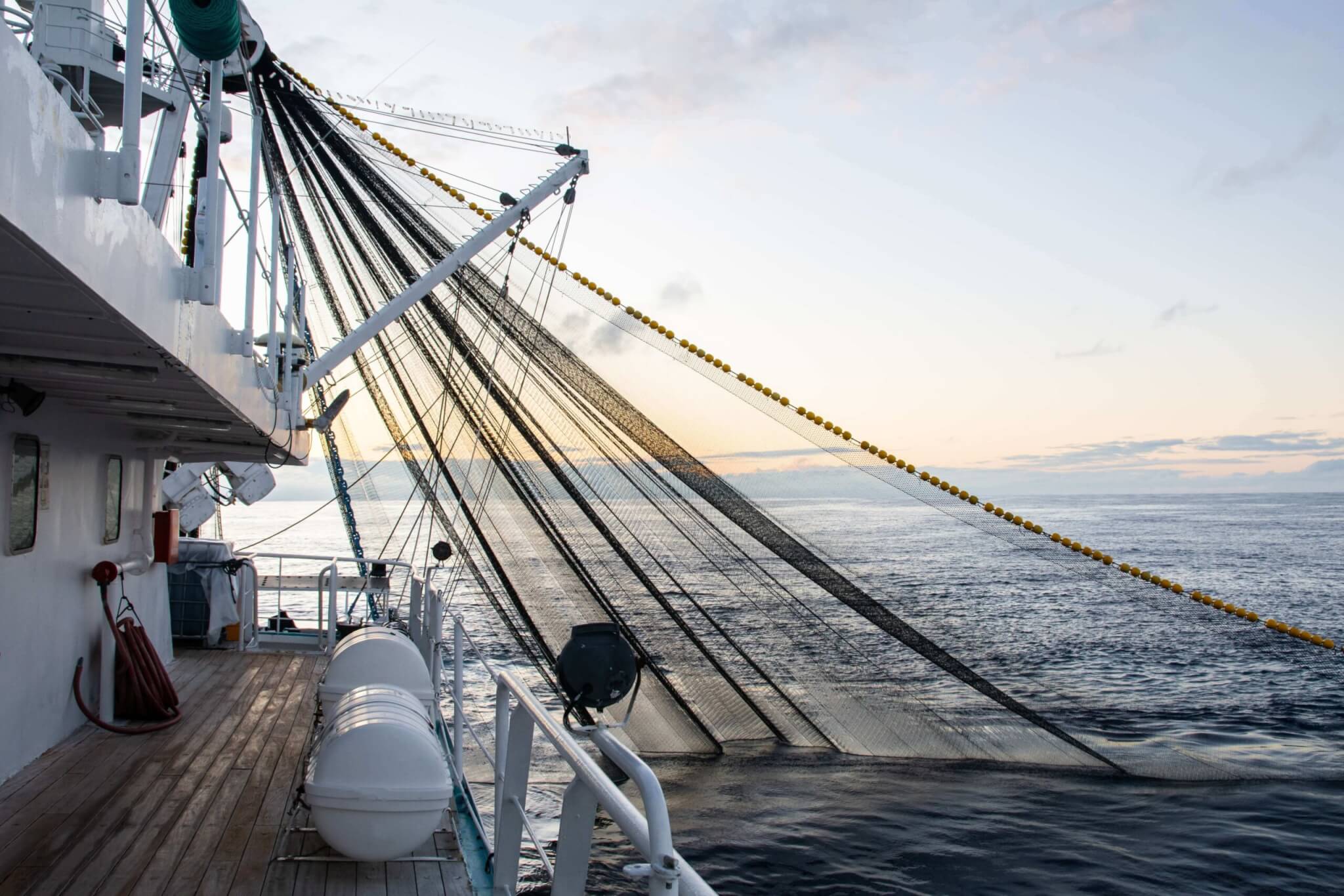
ISSF to IOTC: Listen to Your Scientists, Take Immediate Steps to Protect Yellowfin
The International Seafood Sustainability Foundation (ISSF) published its position statement in advance of the 23rd Session of the Indian Ocean Tuna Commission (IOTC) in Hyderabad, India, June 17-21.
ISSF’s highest priority item for IOTC is the adoption of an effective rebuilding plan for yellowfin tuna, one that gives full effect to the recommendations from IOTC’s Scientific Committee. In 2018, the Scientific Committee reported that catches of yellowfin tuna exceeded by 3% the management measures previously agreed by the Commission that called for reductions in catches; reductions that did not even meet the scientific advice.
“Fisheries managers must act to protect Indian Ocean yellowfin,” said ISSF President Susan Jackson. “The scientific evidence regarding the status of Indian Ocean yellowfin is well-documented and concerning, and the IOTC has the power to adopt management measures that will rebuild this stock. The IOTC must heed the advice of its Scientific Committee and adopt effective management measures to reverse the decline of this critical resource.”
For yellowfin tuna, a species that is subject to overfishing, an over-catch of 3% places further stress on this resource. According to ISSF, IOTC should adopt an effective rebuilding plan for yellowfin tuna that: gives full effect to the advice of the IOTC Scientific Committee and achieves a healthy spawning biomass for the species by 2024 with at least 50% probability.
ISSF also advocates that IOTC:
- Adopt species-specific harvest strategies as soon as possible, particularly for yellowfin tuna, and conduct a review of the limit reference points (LRPs) in Resolution 15/10 to allow for the adoption of harvest control rules by 2020.
- Urgently address data gaps in artisanal fisheries, especially for gillnets.
- Strengthen monitoring, control and surveillance (MCS) measures, such as vessel monitoring systems (VMS) and the regional observer scheme (ROS), to support data collection, monitoring and the implementation of harvest strategies.
- Strengthen fish aggregating device (FAD) management, including of supply and tender vessels; ensure full implementation of non-entangling FADs; and support testing of biodegradable FADs.
- Amend Res. 11/04 to require 100% observer coverage on large-scale purse seine vessels; adopt the ROS Standards for national programs; and develop electronic monitoring/electronic reporting (EM/ER) standards so that EM can be used to ultimately achieve 100% observer coverage in purse seine and longline fisheries.
- Continue to strengthen the IOTC compliance assessment process.
Read the full IOTC Position Statement, available in English or French, on the ISSF website.
ISSF Global Priorities for Tuna RFMOs
ISSF is committed to advocating for science-based approaches, policies and conservation measures to advance tuna fisheries sustainability. The following are ISSF’s Global Priorities for Tuna RFMOs, specifically, the Indian Ocean Tuna Commission (IOTC), the Inter-American Tropical Tuna Commission (IATTC), the International Commission for the Conservation of Atlantic Tunas (ICCAT) and the Western and Central Pacific Fisheries Commission (WCPFC):
- Implementation of rigorous harvest strategies, including harvest control rules and reference points;
- Effective management of fleet capacity, including developing mechanisms that support developing coastal state engagement in the fishery;
- Science-based FAD management & non-entangling FAD designs;
- Increased member compliance with all adopted measures adopted, and greater transparency of processes reviewing member compliance with measures;
- Strengthened MCS measures and increased observer coverage, including through modern technologies such as electronic monitoring and e-reporting; and;
- Adoption of best-practice bycatch mitigation and shark conservation and management measures.


